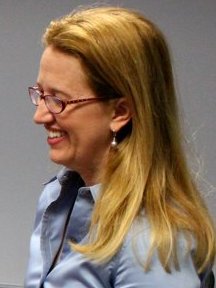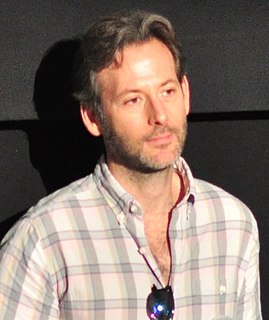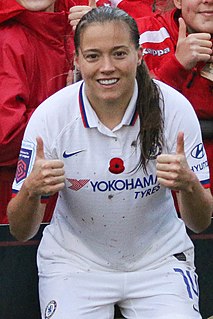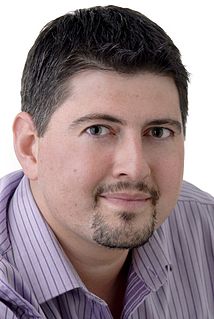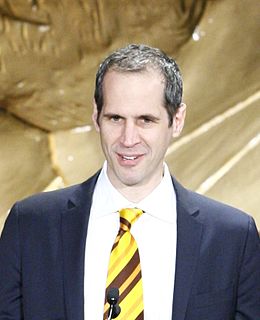A Quote by Robert Winston
When I grew up, we didn't have a TV, and I think more families today have ambitions of getting out of their environment, such as sending their children to university.
Quote Topics
Related Quotes
People need to understand, we can come together as a nation. We can create a culture of life. More and more young people today are embracing life because we know we are - we're better for it. We can - like Mother Teresa said at that famous national prayer breakfast bring the - let's welcome the children into our world. There are so many families around the country who can't have children. We could improve adoption so that families that can't have children can adopt more readily those children from crisis pregnancies.
I think that people all grow up and have their same personalities, but you can say, "Oh, I can see the roots of this personality, which I didn't like, but then you grew up, and I can still see you as that person, but I do really like you now." Which is sort of how I feel about children - I mean, about children who I knew when I was a child and grew up with, and they're still my friends, and children that I know as children who I see growing up, and every year I like them more.
When I was a student at university, I went to live in Budapest. I grew up in the countryside. In those days, I had a conservative right-wing way of thinking. At university, I met the other young people with whom I made this party, Jobbik. These friends grew to include more people, and as more people with these extreme-right views joined us, Jobbik became more and more extreme right. I was young, in my 20s, and we could continuously identify with these ideas.
There's not a day I live that doesn't start with me getting up and first saying, "What can I do for somebody else?" Whether that means sending something to one of my children or picking up the phone and calling a stranger who is in the hospital, I start every day by wanting more for others than I do for myself.

